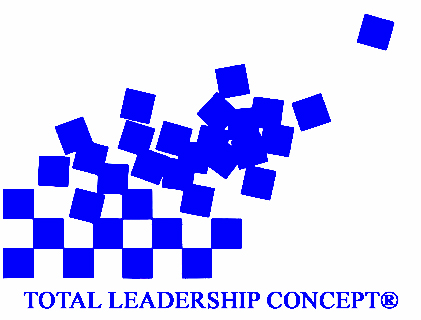
Abilities
Arousal
Attitude
Behavior
Beliefs
Competencies
Engagement
Environment
EI
Experience
Feelings
Intention
Motivation
Nature and genes
Organization
Performance
Performance Improvement
Performers
Process
Results
Skills
Social Pressure
Talent
Understanding
Values
Talent can bet be defined as a special, often creative or artistic aptitude of a person (special ability). Arthur Conan Doyle once said that mediocrity knows nothing higher than itself, but talent instantly recognizes genius.
In business, talent is the superior capability to apply a specific Critical Knowledge Area. Critical Knowledge Areas are specific bodies of knowledge that lie at the core of the business mission and strategy. An organization achieves its greatest level of return when it leverages Critical Knowledge Areas, which in turn, sets an organization apart from its competition.
Talent is a special ability that amplifies a person's skills and abilities and in turn, gives that person a gift for performing a task. Talent also seems to imply a love or strength for performing that task. Thus, while one may acquire the knowledge, skills, and experiences for performing a task, one must also be fully devoted to using those abilities to best exploit the task.
Innate abilities have a lot to do with guiding people towards a particular talent, but does not account for their full range of abilities. When one looks at a knowledge-rich domain, such as chess or physics, the experts (those with talent) tend to have detailed knowledge of their domain - they understand its deeper, structural features. Further, they store more information, which is better organized in long-term memory. They compile declarative knowledge into procedural knowledge and in turn, build condition-action rules. And most of all, they know when something will not work much quicker than less talented people, thus they change strategies much more quickly when needed. And this generally comes about because they are deeply "devoted" to what they are doing, thus they work harder and longer than a person with a casual interest in the subject. Innate ability may give one the edge in the beginning, but it is the amount of effort that one is willing to devote that separates the truly talented from the wannabes. This brings about engagement, which gets to the root of talent management - finding, training, and developing people in their particular talents who love what they are doing.